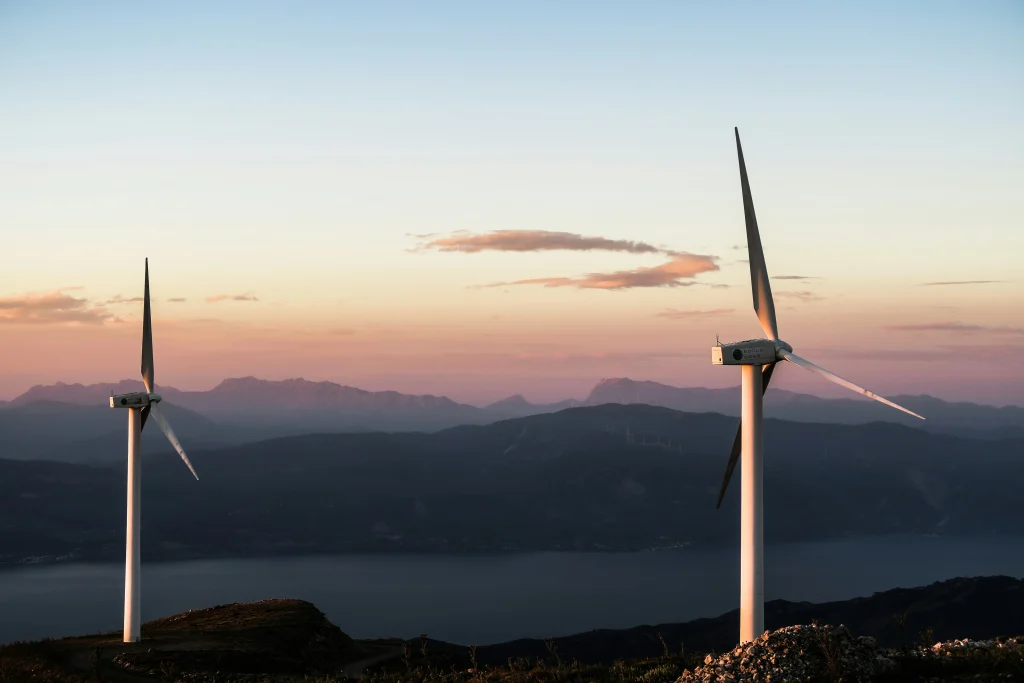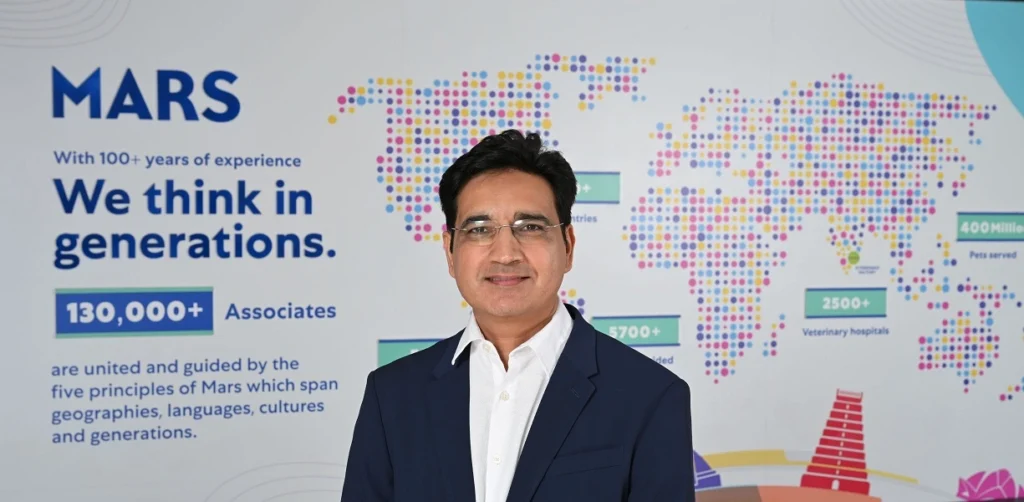Igor Sechin, Chief Executive Officer of Rosneft, Russia’s largest oil producer, delivered a thought-provoking keynote speech titled “Energy transition and phantom barrels: Abandon hope, all ye who enter here. Not everyone will be taken to the bright future of the global energy industry!” at the Energy Panel of the 27th St. Petersburg International Economic Forum (SPIEF). Addressing a gathering of key global business and political leaders, Sechin provided a comprehensive analysis of the current state of the energy market and underscored significant challenges facing the industry.
Sechin’s address highlighted the rapidly growing Indian economy, projecting India to become one of the top three largest economies in the world by 2025, with a GDP of USD 5 trillion. He emphasized India’s remarkable energy consumption growth rate, expected to surge by 90% by 2050, making it one of the fastest-growing in the world.
During the speech, Sechin emphasized Rosneft’s commitment to India’s energy landscape, citing recent agreements with Indian Oil Company to enhance oil supplies and diversify oil grades. He also highlighted Indian companies’ significant ownership in Rosneft subsidiaries, emphasizing their role in Russia’s oil and gas development.
Sechin critiqued the global prioritization of anthropogenic factors in climate change discourse, advocating for a balanced approach to energy transition initiatives. He referenced physicist Pyotr Leonidovich Kapitsa’s insights on energy production challenges, stressing the limitations of alternative energy sources despite acknowledging hydrogen’s potential as a clean fuel.
The CEO highlighted the dominance of oil, gas, and coal in global energy consumption, with renewable energy and electric vehicles accounting for less than 5% and 3%, respectively. Sechin argued that divestment from the traditional energy sector due to the lack of profitability in green energy initiatives exacerbates the challenge of transitioning to sustainable energy sources.
Sechin emphasized the importance of addressing the interests of developing countries in the energy transition, highlighting their role as key drivers of future energy consumption growth. He cautioned against aggressive promotion of the “green agenda,” arguing that it could perpetuate energy inequality and hinder access to modern civilization for many countries.
Sechin also addressed market dynamics, noting the impact of OPEC+ agreements on oil markets and the potential implications of the upcoming U.S. presidential elections on market volatility. He highlighted developing countries’ increasing role in driving oil consumption growth, particularly in Asia, which represents Russia’s primary trading partners.
The SPIEF Energy Panel, moderated by Alexander Dynkin, included esteemed speakers such as Jose Felix Rivas, Zhang Daowei, Martin Wiewiorowski, David Gadzhimirzaev, and Nobuo Tanaka, along with representatives from government authorities, major Russian and foreign companies, scientists, academics, experts, and analysts.
Sechin’s address at SPIEF 2023 provided valuable insights into the complex challenges and opportunities shaping the global energy landscape, underscoring the need for a well-balanced approach to energy transition initiatives.












